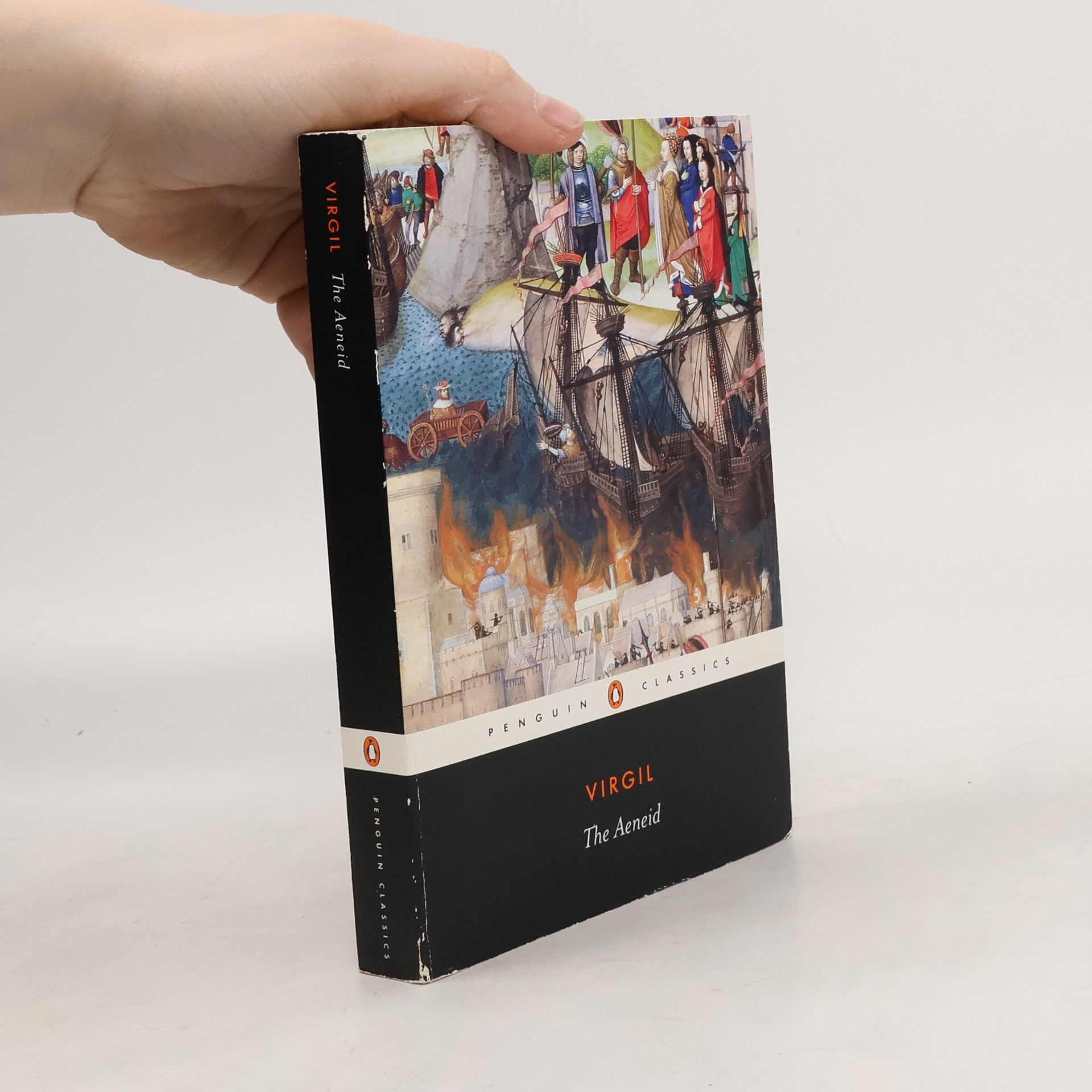Inspired by Homer and inspiration for Dante and Milton, the Aeneid is an immortal poem at the heart of Western life and culture. Virgil took Aeneas as his hero and in telling a story of dispossession and defeat, love and war, he portrayed human life in all its nobility and suffering. schovat popis
Virgil Schmid Livres
Virgile s'impose comme l'un des plus grands poètes de Rome, dont les œuvres ont profondément marqué la littérature occidentale. Sa épopée nationale, l'Énéide, inspirée d'Homère, relate le voyage du réfugié troyen Énée alors qu'il s'efforce d'accomplir son destin et d'atteindre les rives de l'Italie, acte fondateur de Rome dans la mythologie romaine. À travers ses magistrales Églogues et Géorgiques, Virgile explore des thèmes durables tels que le destin, la patrie et la condition humaine avec un art linguistique et une imagerie évocatrice inégalés. L'influence de ses vers et de ses techniques narratives résonne à travers les siècles, comme en témoigne son rôle de guide dans la Divine Comédie de Dante.


Spielend verkaufen
Wie Sie Ihre Kunden mit originellen Ideen begeistern
Supermärkte lösen mit Gratisfigürchen Sammelfieber aus, Restaurants engagieren »Weinengel«, Versicherungsunternehmen plakatieren witzige Sprachspiele. Ein Kaufhaus funktioniert sein Schaufenster zum Mini-Zoo um und wird zum Kundenmagnet. Ein Käsehersteller lädt seine Kunden zum Guinness-Rekordversuch ein. Sind denn alle verrückt geworden? – Nein, nur spielerischer! Immer mehr Unternehmen ziehen Konsequenzen aus der Erkenntnis, dass Verkaufen mehr ist als der Austausch von Waren gegen Geld. Kunden haben heute in fast allen Bereichen die Qual der Wahl. Im Zweifelsfall gehen Sie dahin, wo man ihnen das beste Gefühl vermittelt – und dabei sind Spiele unschlagbar! Spielend verkaufen entzündet ein Feuerwerk von Spielmöglichkeiten im Verkauf – bei Warenpräsentation, Service, Werbung, Website und Markenbildung. Verkaufsprofi Virgil Schmid zeigt, wie Verkäufer eingefahrene Gleise verlassen, Kunden durch ungewöhnliche Ideen begeistern und dadurch einfach mehr verkaufen!